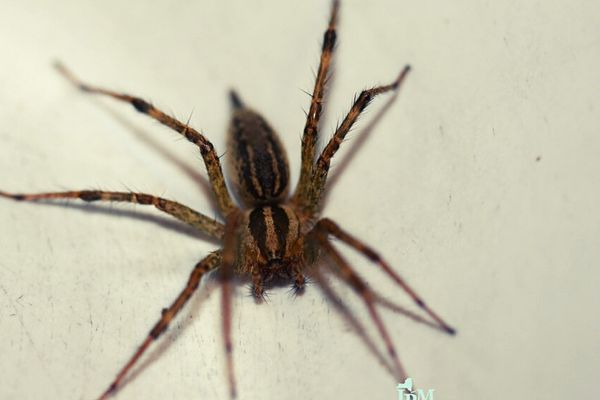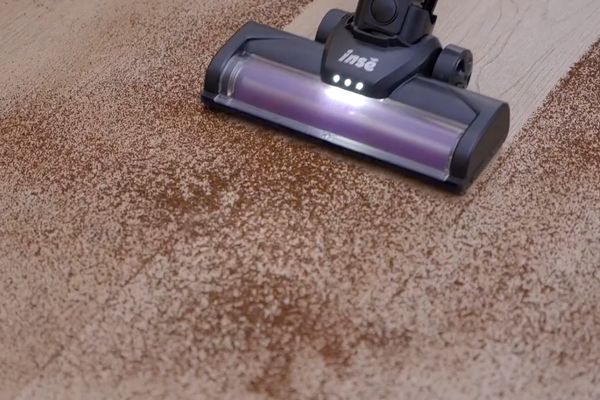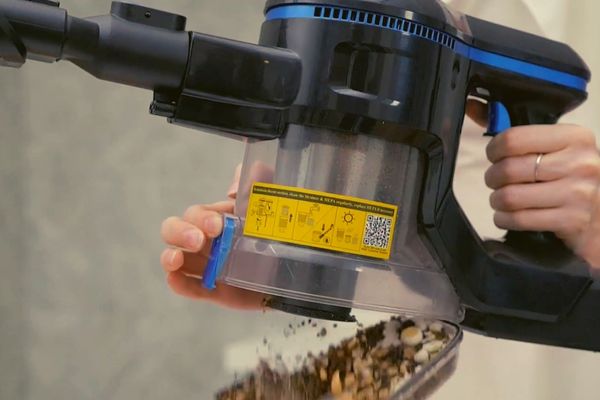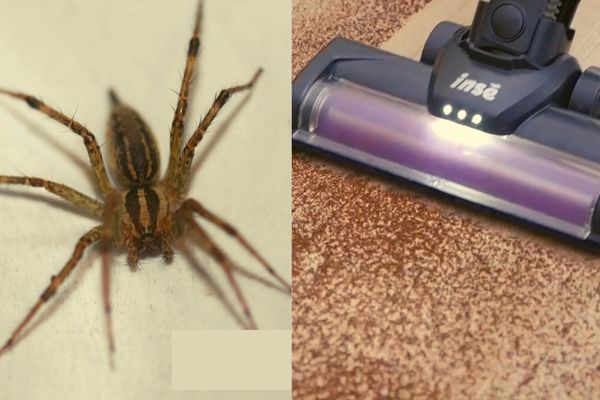When we vacuum, spiders often catch up. But what happens after that? Do Vacuums Kill Spiders? Well, it’s not as simple as just sucking them up and watching them perish in the dust. The suction power or the type of vacuum cleaner at play here determines the fate of those arachnids. In this post, we’ll discuss about vacuuming and killing spiders once and for all so that you know what to do the next time you vacuum a spider in your home.
Do Vacuums Kill Spiders?
Table of Contents
Yes. Vacuums can kill spiders. Vacuuming a spider can indeed be fatal for the little critter. The powerful suction of a vacuum cleaner can often be too much to handle. It can cause severe damage to the spider’s exoskeleton and even result in demise.
However, it’s essential to remember that all spiders are not identical. While smaller spiders may not survive, an enormous and robust spider might be able to withstand the suction. And if you neglect to empty your vacuum cleaner bag or canister regularly, some species could survive inside and even start a spider nest there. Yikes!

How Long Does Spider Survive In The Vacuum?
Some people think that spiders can survive for a while in a vacuum, but the truth is that they typically don’t last more than a few minutes. When a spider gets pulled into the vacuum, it experiences a sudden change in pressure that can be fatal. And it’s not just the pressure change that can do them in. The suction’s high speed can cause severe damage, especially to their delicate legs and other appendages. And if your vacuum has a spinning brush or beater bar, that can cause even more harm.

Can Spiders Crawl Back Out Of The Vacuum?
Spiders are known for their agility and quick reflexes, which may lead you to think, ‘Can spiders escape from vacuum cleaners?’
It’s nearly implausible that a spider could escape from a properly functioning vacuum with a strong seal and suction. Switching on your vacuum creates a strong suction that pulls air and debris from the floors and surfaces. As the mixture moves into the vacuum’s collection chamber, the pressure inside the machine drops, creating a seal that prevents anything from escaping back out – including pesky spiders! The whole thing is known as the Venturi effect.
But there are some instances where spiders can escape the powerful suction of a vacuum.
- If there is a weak seal or a crack in the vacuum hose or collection chamber for spiders (or any other small creatures) to crawl back out.
- Or the spider is too agile – some species are more adept at clinging to surfaces and navigating tight spaces than others.
Tips: Try using a vacuum with a HEPA filter and empty the collection chamber into a sealed container to reduce the risk of potential escapees.

What Happens To A Spider If It Is Sucked Into The Bag Of A Vacuum Cleaner?
Most vacuum cleaners work at a suction pressure of around 20 kPa (kilopascal), which is powerful enough to capture most insects, including spiders. When a spider enters the vacuum bag, it’s thrust into an environment with low oxygen levels and high pressure. Now, the spider’s fate hinges on the type of vacuum cleaner you’re using.
- If you’ve got a bagged vacuum cleaner, the spider will be trapped inside the bag and eventually expire due to lack of air.
- The spider is subjected to an atmosphere with low oxygen levels and high pressure inside a bagless vacuum cleaner. The air’s force causes the spider to spin around at dizzying speeds. The centrifugal force is so strong that it can cause the spider’s body to rupture, killing it on the spot.
- If you’ve got a HEPA ((High-Efficiency Particulate Air) filter, you can rest assured that your home will be completely spider-free, as it can trap and kill even the smallest creatures.
Related Post: Can Bed Bugs Get Into Vacuum Sealed Bags
Do Spiders Lay Eggs In Vacuum?
Spiders prefer to lay their eggs in quiet, dark places where their offspring can hatch in peace. A vacuum cleaner is not the ideal spot for spider eggs since it’s a noisy and high-traffic environment. Plus, the suction power of a vacuum cleaner is likely to cause severe damage to those eggs. So, to sum it up, it’s improbable that spiders lay eggs in vacuums.
Final Words
We understand that keeping your home clean is a top priority, and some of you may think, “who cares about spiders? They’re just pests!” But these creatures are vital to our ecosystem, and many are harmless to humans. So, instead of reaching for the vacuum, consider catching the spider in a cup and releasing it outside. But it’s best to contact a professional exterminator if you have a severe infestation or are dealing with a venomous spider.

